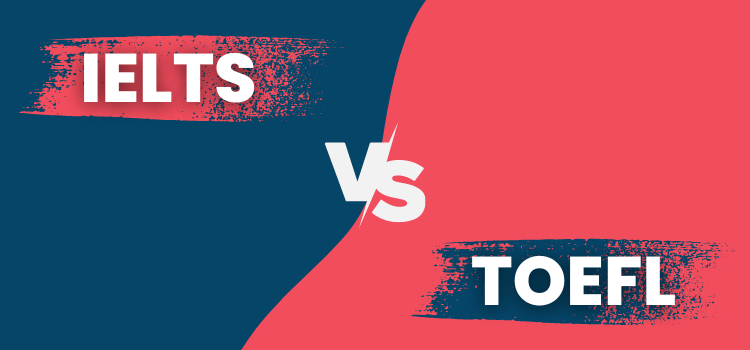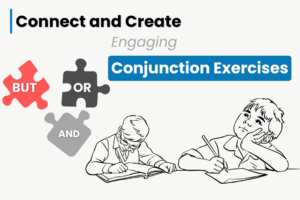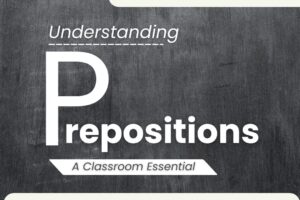
Are you a student planning to study abroad? Then, you must know that you require an English language proficiency test to apply for universities in countries where English is a native language. IELTS and TOEFL are 2 English language tests that are accepted by universities all over the world. Understanding IELTS, particularly if it aligns better with your strengths and study goals, can be a strategic first step towards achieving your dream of studying abroad.
What are IELTS and TOEFL?
IELTS, expanded as the International English Language Testing System, is a standardised test of English language ability for non-native speakers for study, work, and migration. IELTS is owned and operated by the British Council, Cambridge University Press & Assessment, and IDP IELTS.
TOEFL, elaborated as the Test of English as a Foreign Language, is the most commonly accepted English proficiency test in Canada and the USA. Educational Testing Service(ETS), which administers the TOEFL, is a non-profit organization operated by the American Council on Education, the College Entrance Examination Board, and the Carnegie Foundation for the Advancement of Teaching. For this exam, TOEFL vocabulary is very necessary for you to excel and score well.
What are the differences between IELTS and TOEFL?
Eligibility
- Candidates above the age of 16 with a valid passport can apply for the IELTS exam.
- Aspirants of all ages can apply for the TOEFL exam; the ETA has not issued any eligibility criteria.
Exam Format
- The IELTS Academic Test comprises Listening, Reading, Speaking, and Writing sections. The Listening, Writing, and Reading sections are completed on the same day. But, the Speaking test will be a week before or after the test date. If candidates opt for the IELTS Online test, their speaking test will typically be scheduled before the test date.
- TOEFL iBT also comprises Listening, Reading, Speaking, and Writing sections. The TOEFL iBT at the test centre and home-based will have all sections on the same day. TOEFL iBT on paper conducts reading, writing, and listening sections at the test centre. The speaking section is given through a computer at home within three days after the main exam.
Syllabus
- IELTS consists of 4 sections
- The listening section has four recordings of native speakers in different contexts.
- The reading section covers three long paragraphs ranging from descriptive and factual to discursive and analytical.
- The writing section has two tasks about visual information like graphs, tables, and a point of view or a problem.
- The speaking section has three parts: Introduction and Interview, Long turn, and Discussion.
- TOEFL consists of 4 sections
- The reading section contains 3-4 comprehension passages with about 40 questions.
- Listening: This section contains 3-4 lectures(3-5 minutes each) and 2-3 talks(around 3 minutes each) with about 40 questions.
- Writing: This section contains two tasks, i.e. an independent task and an integrated task(write, read & listen).
- Speaking: This section contains four tasks, i.e. an independent task and three integrated tasks(write, read & listen).
Score & Results
- The overall band score of the IELTS is issued on a 9-band scale. The average IELTS score is between 6.5 – 8.
- The maximum possible score in the TOEFL iBT exam is 120. 90 is the average TOEFL score.
| TOEFL | IELTS |
| 118-120 | 9 |
| 115-117 | 8.5 |
| 110-114 | 8 |
| 102-109 | 7.5 |
| 94-101 | 7 |
| 79-93 | 6.5 |
| 60-78 | 6 |
| 46-59 | 5.5 |
| 35-45 | 5 |
| 32-34 | 4.5 |
| 0-31 | 0-4 |
What are the Major Factors to consider?
University Acceptance
- IELTS is commonly accepted in countries like the UK, New Zealand, and Australia.
- TOEFL is the most commonly accepted English proficiency test in Canada and the USA.
Note: Check which language test the university prefers for international students.
Exam Pattern
- For IELTS, all sections are not tested on the same day. The speaking round will be scheduled for another day.
- For TOEFL iBT, all sections are taken by the test-taken on the same day.
Delivery Methods
- IELTS Academic have paper-based, computer-based at the test centre, and online at home, known as IELTS Online.
- TOEFL iBT offers tests at the test centre on computer and paper* and tests at home known as TOEFL iBT Home Edition.
Cost
- The examination fee for IELTS in India currently is INR 16,250.
- The registration fee for TOEFL iBT is US $195, which presently approximates INR 16,000.
Preparation Time
- IELTS would take 3-6 weeks to prepare. So if there is not much time, you may opt for IELTS.
- TOEFL needs 2-3 months of preparation. So if the application deadlines are far away, you can go for TOEFL.
In conclusion, both IELTS and TOEFL are widely accepted English language proficiency tests for students planning to study abroad. The decision on which exam to choose will depend on the requirements of the universities they plan to apply to, their preferred exam format, delivery method, and available preparation time. It is recommended to research and compare both tests thoroughly to ensure that the exam which best suits your needs is chosen and maximises your chances of success.








